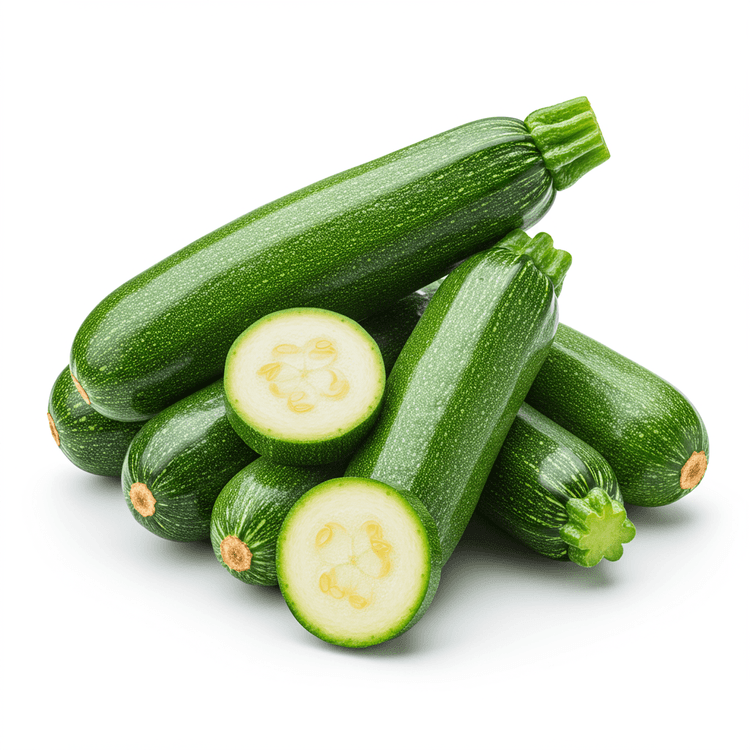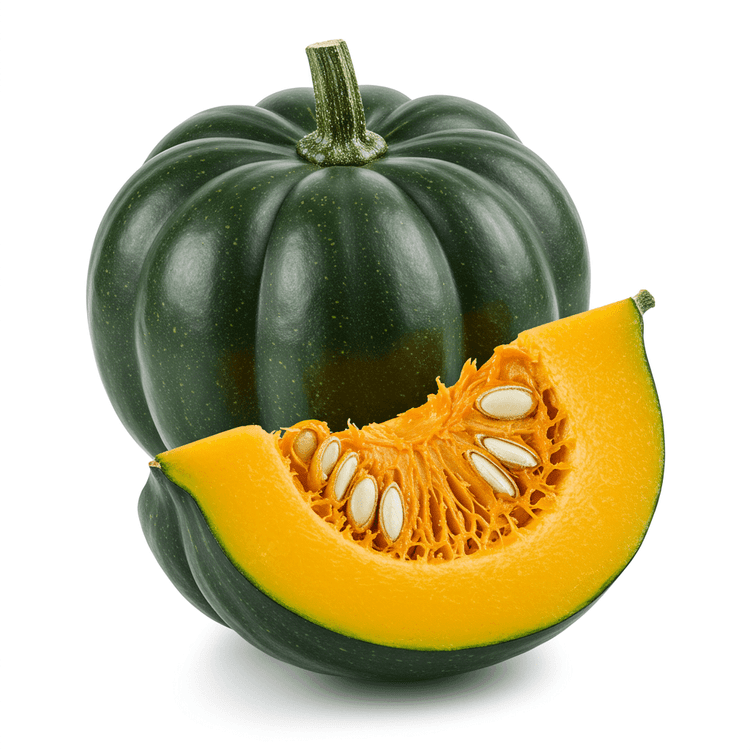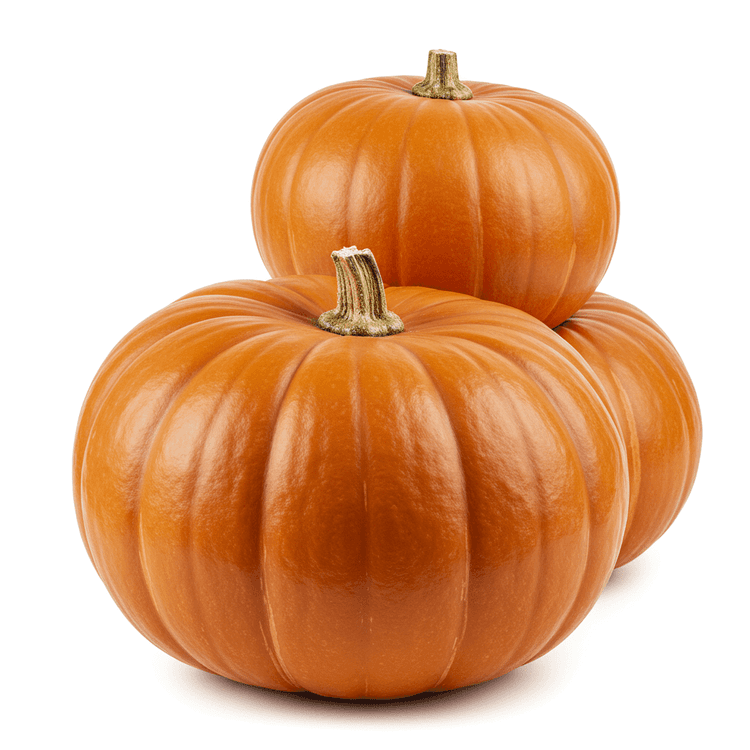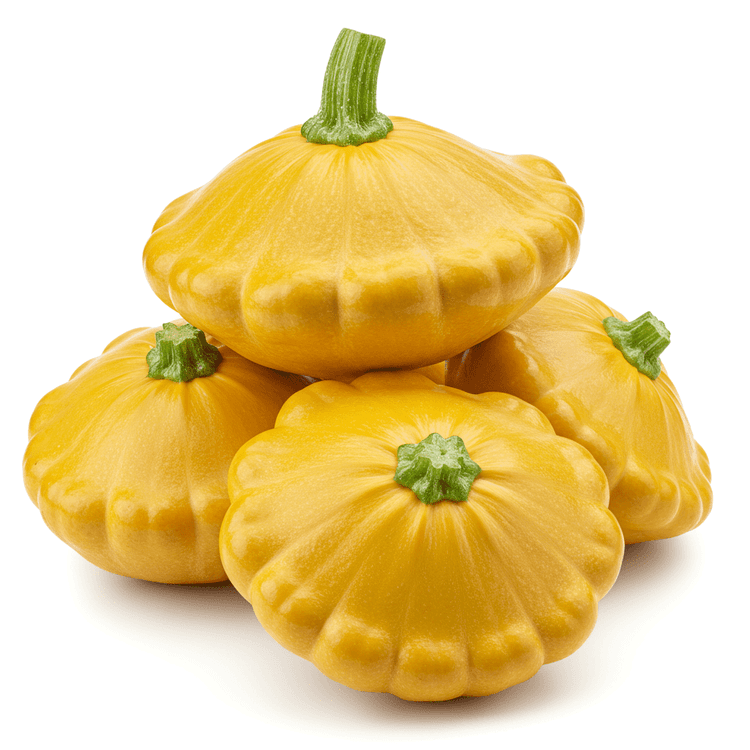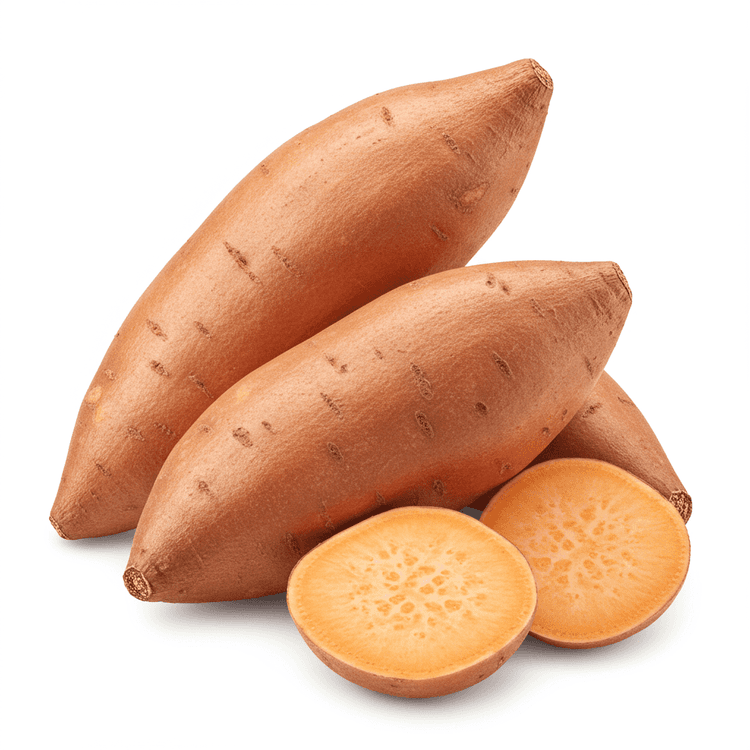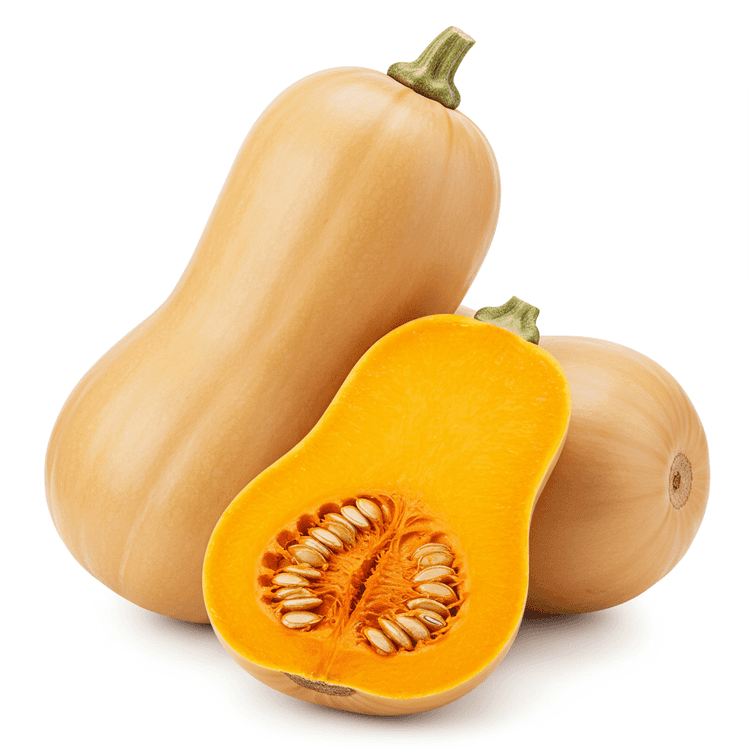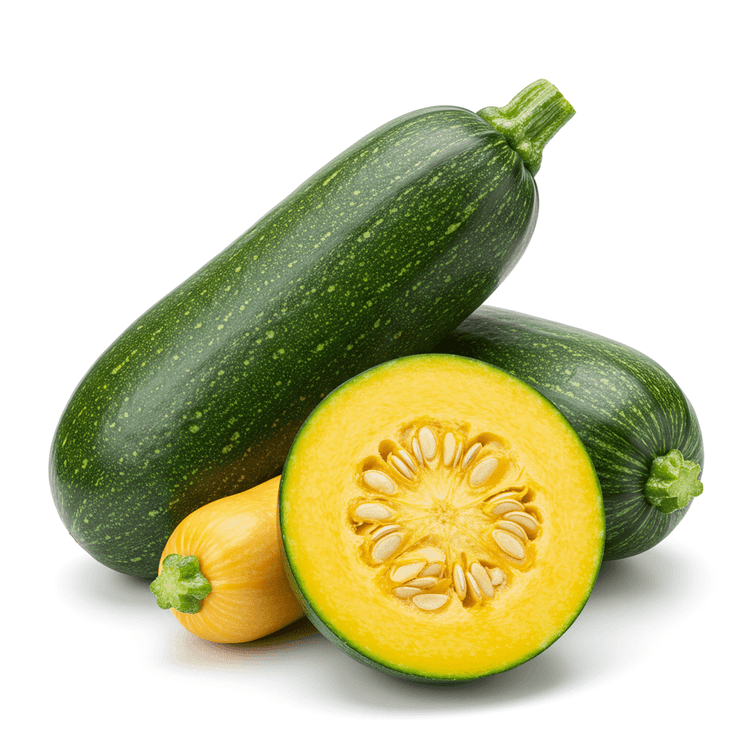
Squash
Squash, a versatile and nutritious vegetable, offers a diverse range of flavors and textures depending on the variety. From the sweet, nutty taste of butternut squash to the mild, slightly sweet flavor of zucchini, squash provides a delightful culinary experience. Its flesh can be smooth and creamy when cooked, or firm and slightly crunchy when raw. The outer skin varies in color from deep green and bright yellow to orange and tan, adding visual appeal to dishes. Discover the many ways to incorporate this healthy and flavorful vegetable into your diet with our squash recipes.
Common Uses
- Squash is frequently roasted with herbs and spices to create a flavorful side dish. Roasting enhances its natural sweetness and creates a caramelized exterior.
- It can be pureed into soups, bisques, and sauces for a creamy and rich texture. Butternut squash soup is a classic example.
- Squash is a great ingredient to include in vegetable medleys and stir-fries, adding substance and nutritional value to these dishes.
- Many types of squash, like zucchini, are suitable for grilling or pan-frying. This method cooks it quickly while retaining a slightly firm texture.
- Squash can be baked into breads, muffins, and cakes, lending moisture, sweetness, and a subtle earthy flavor to baked goods.
- You can make stuffed squash, the cooked squash, usually a winter variety, is hollowed out and filled with a mixture of meat, rice, vegetables, and cheese, then baked until tender.
Nutrition (per serving)
Nutrition (per serving)
Calories
20.0kcal (1%)
Protein
0.7g (1.44%)
Carbs
4.7g (1.69%)
Sugars
1.8g (3.56%)
Healthy Fat
0.1g
Unhealthy Fat
0.0g
% Daily Value based on a 2000 calorie diet
Nutrition (per serving)
Calories
20.0kcal (1%)
Protein
0.7g (1.44%)
Carbs
4.7g (1.69%)
Sugars
1.8g (3.56%)
Healthy Fat
0.1g
Unhealthy Fat
0.0g
% Daily Value based on a 2000 calorie diet
Health Benefits
- Rich in vitamins and minerals, including vitamin A, vitamin C, and potassium, supporting overall health.
- High in antioxidants, which help protect the body against cell damage from free radicals.
- Good source of dietary fiber, promoting healthy digestion and regular bowel movements.
- Low in calories and fat, making it a great addition to a weight-management diet.
- May help support immune function due to its high vitamin C content.
- Contains carotenoids, which are beneficial for eye health.
Chefadora AI is here.
Experience smarter, stress-free cooking.
Storage Tips
Squash storage varies depending on the type. Winter squash like butternut, acorn, and spaghetti squash should be stored in a cool, dry, and dark place like a pantry or basement. They can last for several months when stored properly. Summer squash, such as zucchini and yellow squash, are more perishable and should be refrigerated in a plastic bag or container. Use summer squash within a week for best quality. Avoid washing squash before storing, as moisture can promote spoilage.
Marnirni-apinthi Building, Lot Fourteen,
North Terrace, Adelaide, South Australia, 5000
Australia
